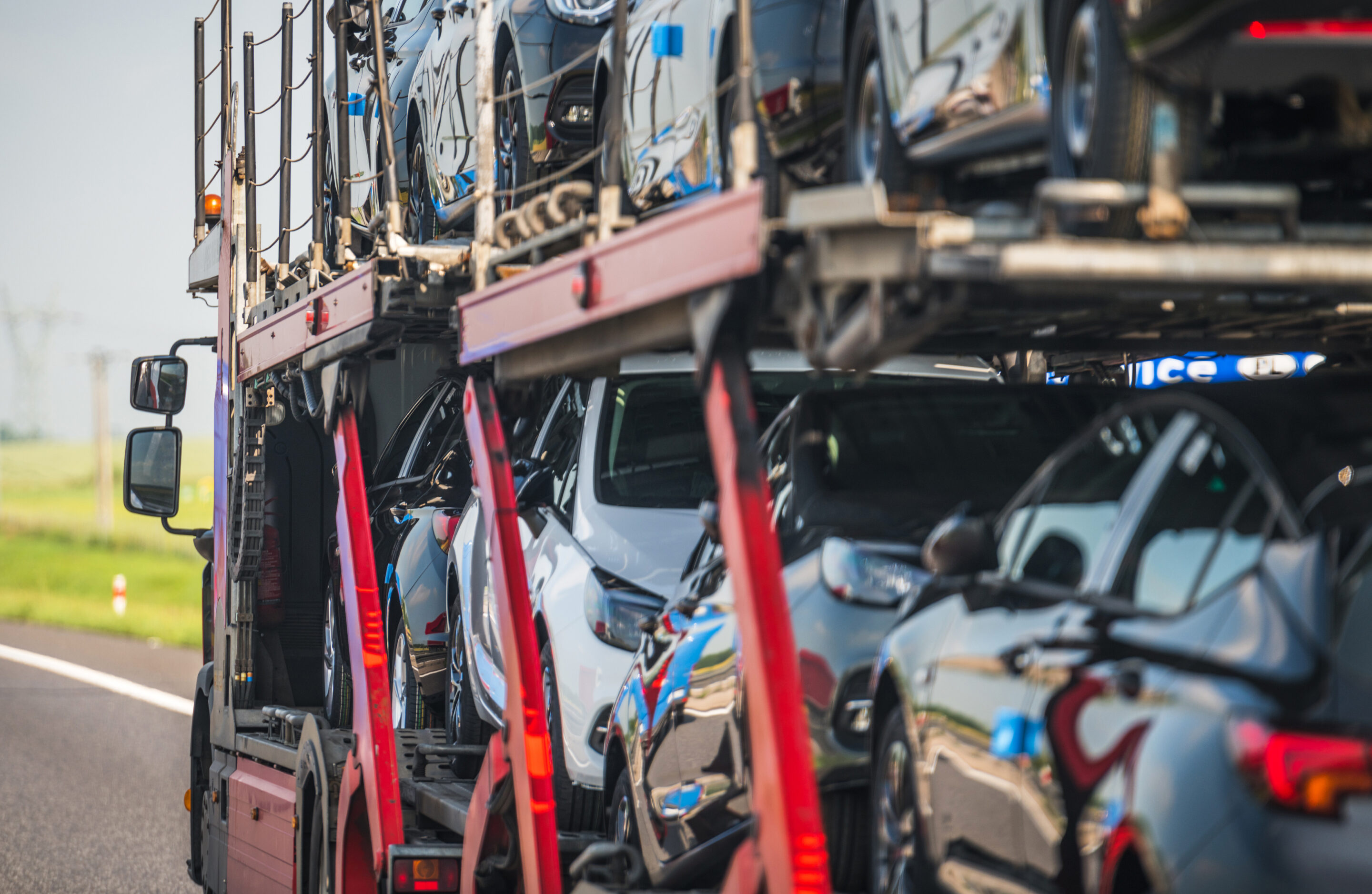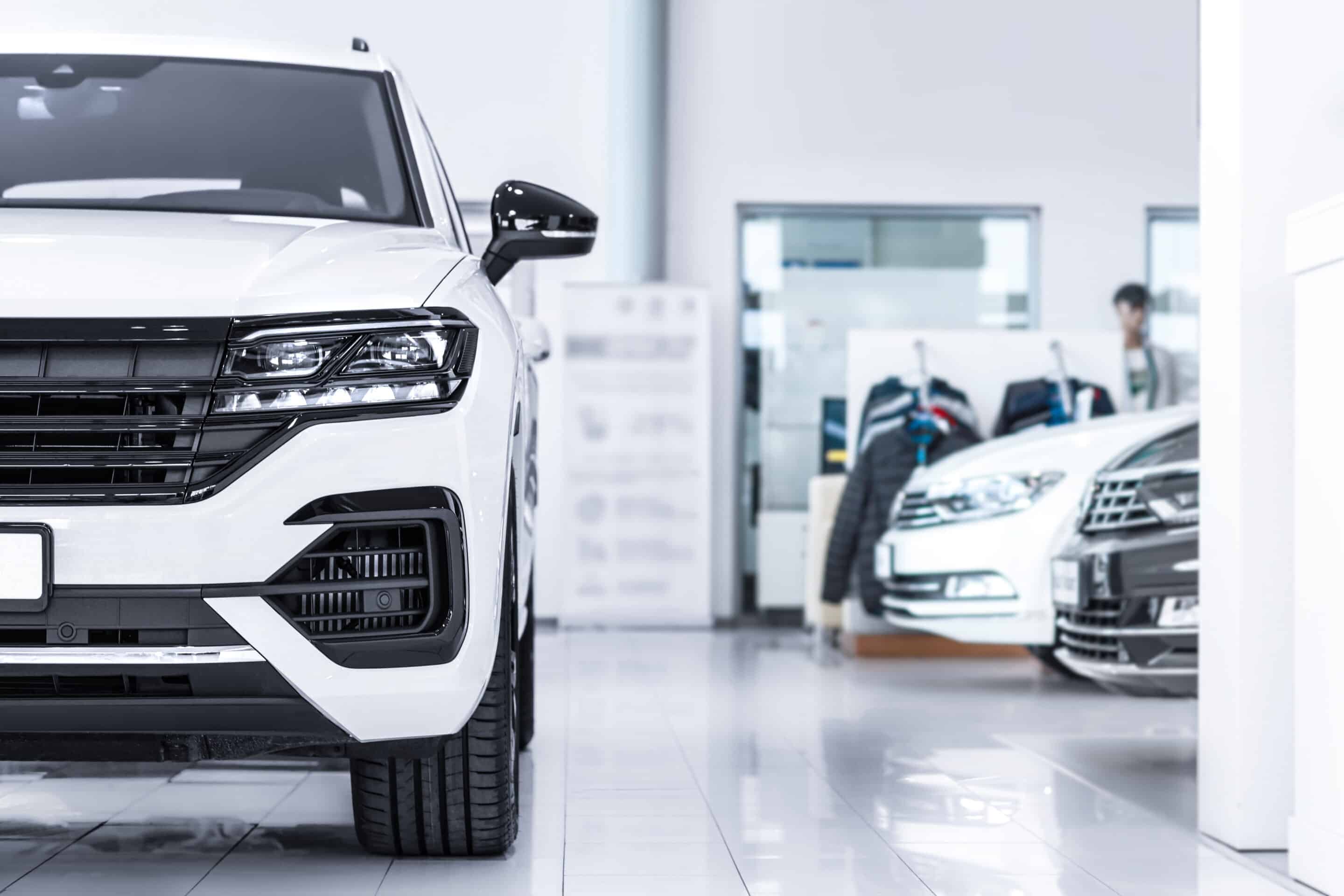 Auburn Hills, Mich. – Chrysler Group LLC is withdrawing from service its test fleet of advanced plug-in hybrid-electric vehicles (PHEVs) to conduct a battery-pack upgrade.
Auburn Hills, Mich. – Chrysler Group LLC is withdrawing from service its test fleet of advanced plug-in hybrid-electric vehicles (PHEVs) to conduct a battery-pack upgrade.
“This action is being taken to build upon the lessons from the initial deployment and to concentrate resources and technical development on a superior battery,” said Michael Duhaime, global director-electrified powertrain propulsion systems.
Three of the fleet’s 109 pickups equipped with plug-in hybrid powertrains sustained damage when their prototype 12.9-kWh lithium-ion propulsion batteries overheated.
There were no injuries and the incidents occurred when the vehicles were unoccupied.
No similar issues have occurred with 23 plug-in hybrid minivans deployed as part of a parallel project. However, they are also being withdrawn from service for a battery upgrade.
Both projects are jointly funded by Chrysler Group and the U.S. Department of Energy.
A different battery chemistry will be used in the projects’ next phase, which will focus on grid interaction and improved safety. The complexity of the engineering solution will determine how many vehicles return to service.
The PHEVs were being evaluated for durability and other attributes by 16 partner organizations — municipalities and utility companies across 20 states. The fleet accumulated more than 1.3 million miles of service in various conditions, from high-altitude Colorado to Arizona’s searing desert.
A primary goal of the final phase of the program is to determine how reverse power-flow might reduce the operating costs of commercial fleets.
Some of the fleet’s plug-in pickups are capable of transferring power from their batteries to the grid, which could generate revenue for fleet operators. The trucks also are able to link with each other to form independent mini-grids.
They are the first factory-built vehicles ever to feature this technology.
In addition, the pickups are the first factory-assembled Advanced Technology Partial Zero-Emissions Vehicles (ATPZEVs) to pair PHEV technology with V-8 engines.
During testing, the pickups recorded peak average fuel-economy of 37.4 mpg, while the minivans delivered 55.0 mpg.
The batteries themselves are unique, marked by a high energy density that enabled weight- and size-reduction for convenient packaging.
The batteries also were produced without environmentally harmful NMP solvent used in most battery-manufacturing processes.
Chrysler Group is working with its partners to mitigate disruption of their operations.
Begun last year, the program is scheduled to end in 2014.








